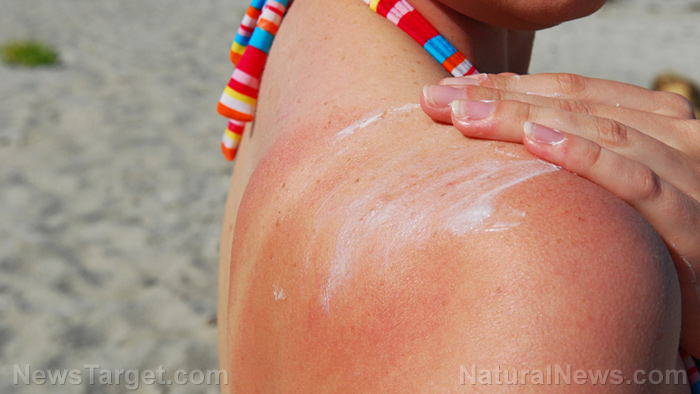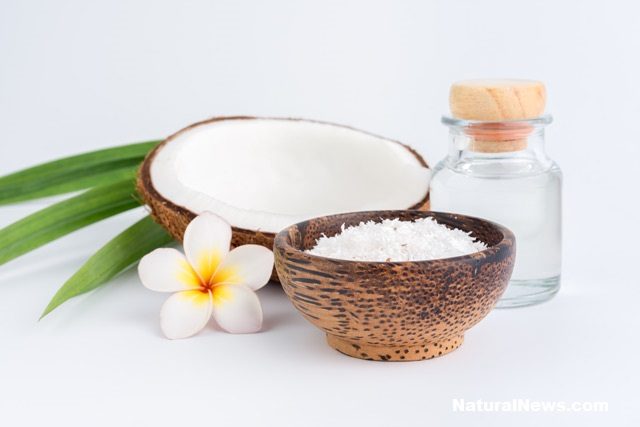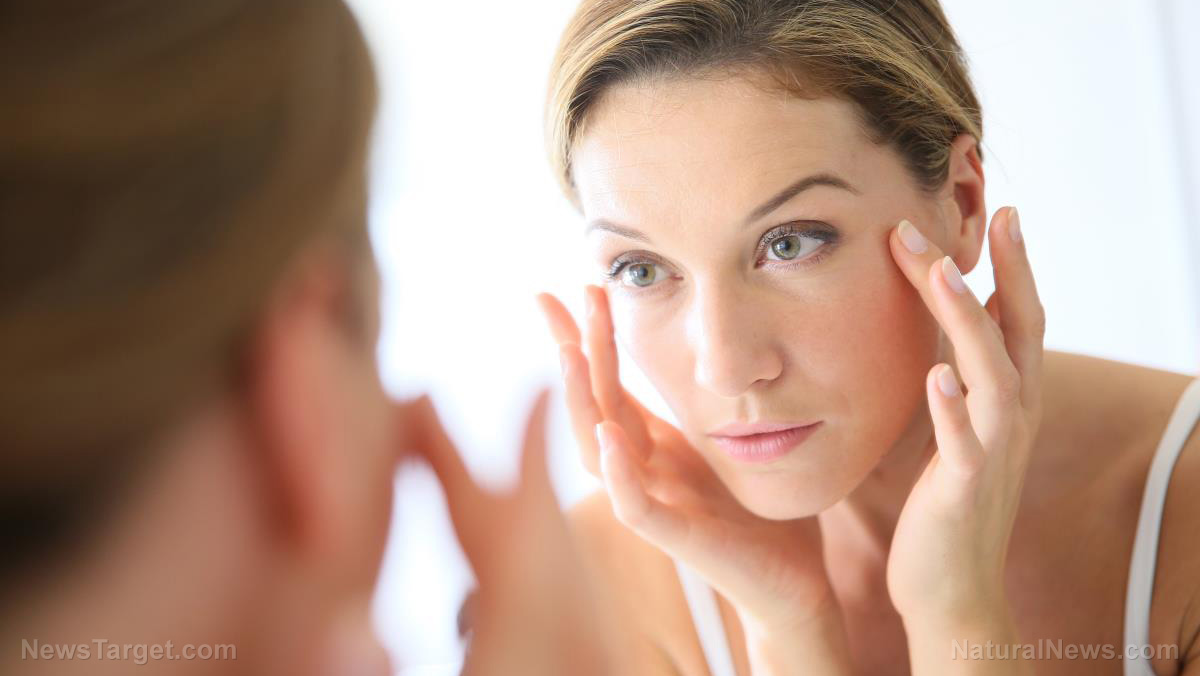Fascinating new study suggests that high doses of vitamin D eases sunburn by reducing redness, swelling, and inflammation
08/07/2018 / By Michelle Simmons

A study published in the Journal of Investigative Dermatology has found that high doses of vitamin D can significantly reduce redness, swelling, and inflammation due to sunburn.
A team of researchers at Case Western Reserve University and University Hospitals Cleveland Medical Center induced experimental sunburns to 20 volunteers through an ultraviolet lamp. After that, the research team gave the participants either placebo or different high doses of vitamin D in the amounts of 50,000 international units (IU), 100,000 IU, or 200,000 IU. The vitamin D was distributed within an hour of the development of the sunburns.
The team monitored the participants at 24 hours, 48 hours, 72 hours, and after one week using different methods, such as skin biopsies.
The results revealed that participants who received 200,000 IU, the highest dosage of vitamin D used in the study, experienced long-lasting benefits. These included the decrease of skin inflammation 48 hours after the burn, as well as the reduction of the reddening of the skin. In addition, the vitamin D dosage increased the activity of skin-repairing genes.
Volunteers with lower blood levels of vitamin D did not get the same benefits and had greater levels of pro-inflammatory chemicals.
The researchers explained that vitamin D helps promote and boost protective barriers in the skin by rapidly reducing inflammation, which is done by increasing skin levels of arginase-1, an anti-inflammatory enzyme. This enzyme does not only enhance tissue repair but also helps stimulate other anti-inflammatory proteins in a beneficial “chain reaction.” Simultaneously, vitamin D decreases inflammation by reducing the expression of pro-inflammatory cytokines like interleukin and tumor necrosis factor.
Although the findings of the study were promising for sunburn, senior study author Kurt Lu said that he does not recommend people start treating sunburn with high doses of vitamin D based on the study alone.
What is considered healthy vitamin D levels?
Mainstream medical experts and naturopathic practitioners disagree on optimal dosages for vitamin D supplementation. The Food and Drug Administration (FDA) recommends 400 IU of vitamin D a day, while the Institute of Medicine suggests 4,000 IU each day is the highest level of vitamin D dosage that would not cause harm. Meanwhile, naturopathic practitioners suggest daily dosages of around 8,000 IU, while the Endocrine Society Practice Guidelines suggest up to 10,000 IU a day is safe.
To clarify the confusion, a recent study published in the journal Dermato-Endocrinology found that 6,000 to 8,000 IU each day is required to maintain optimal blood levels for adults. Researchers of the study also do not find any side effects from these dosages.
The study is not the first to find the benefits of the vitamin on the skin. Earlier studies have revealed that supplementation with vitamin can ease atopic dermatitis (eczema). (Related: Vitamin D reduces major medical risks in the elderly if taken in high doses.)
Natural remedies for sunburn
Mild sunburns, with symptoms of reddened skin, warm or hot to the touch, pain, tenderness, itching, inflammation, and swelling, can be treated at home with these natural skin soothers:
- Aloe Vera – Aloe Vera gel can be used for sunburn relief by cutting a leaf of the cactus plant and applying the sap directly to the skin or buying pure aloe vera gel. This can alleviate discomfort, accelerate healing, and moisturize the skin.
- Baking Soda – Relieve inflammation and itching by soaking in bathwater mixed with baking soda.
- Cider Vinegar – Mix one cup of white cider vinegar with bath water and soak to alleviate pain, itching, and inflammation.
- Cool Water – Having a cool bath, shower, or using a moist compress can remove the heat and pain caused by sunburn.
- Ice – Wrap an ice pack or a bag of frozen vegetables in a soft towel and apply to the burn. Do not place ice directly on the skin because it can cause frostbite and more harm.
Read more news stories and studies on vitamin D benefits by going to VitaminD.news.
Sources include:
Tagged Under: antiinflammatory, inflammation, natural remedies, redness, skinhealth, sunburn, sunburn relief, sunburn remedies, sunburn symptoms, sunburn treatments, swelling, vitamin D, vitamin D supplementation



















